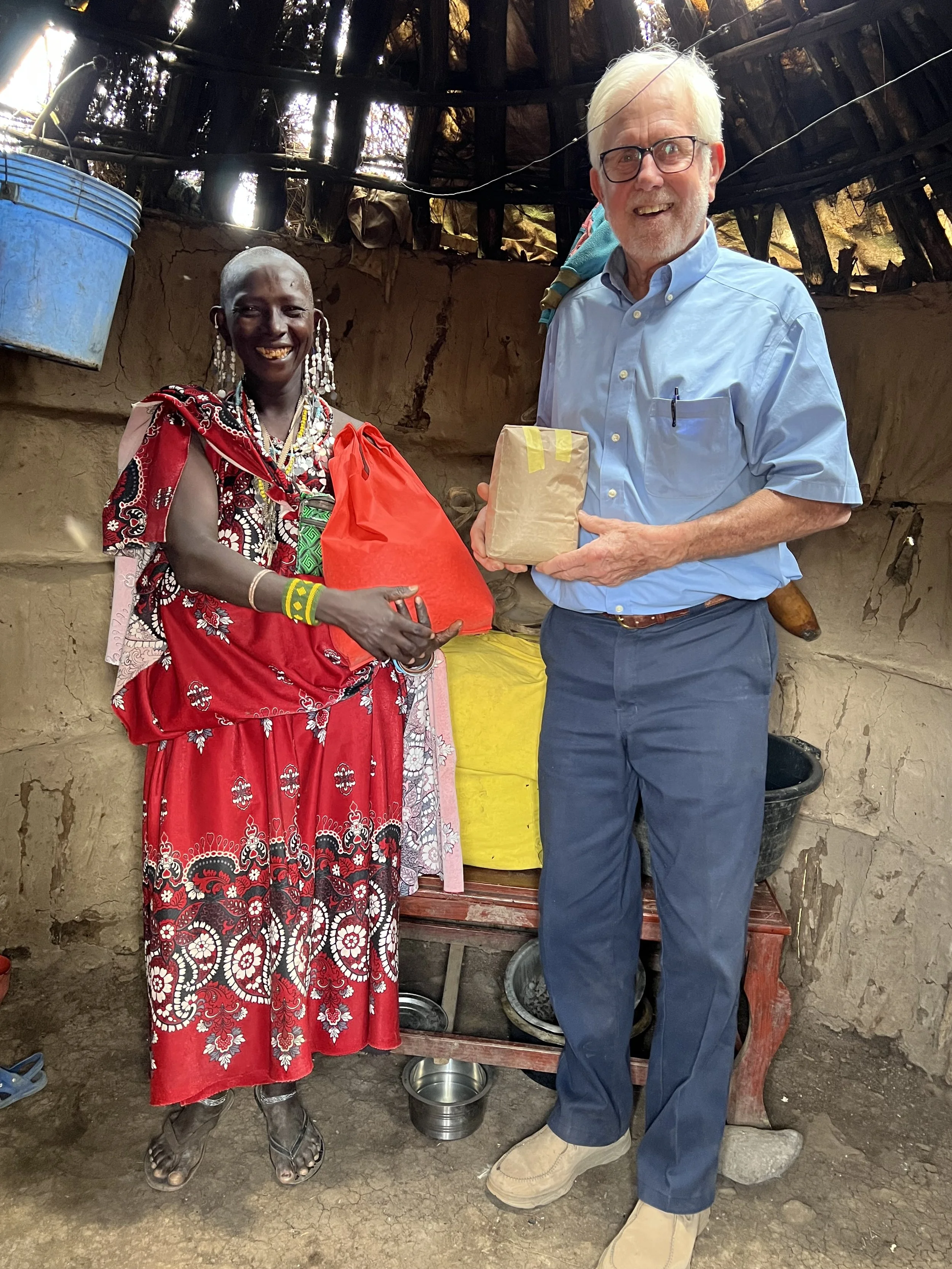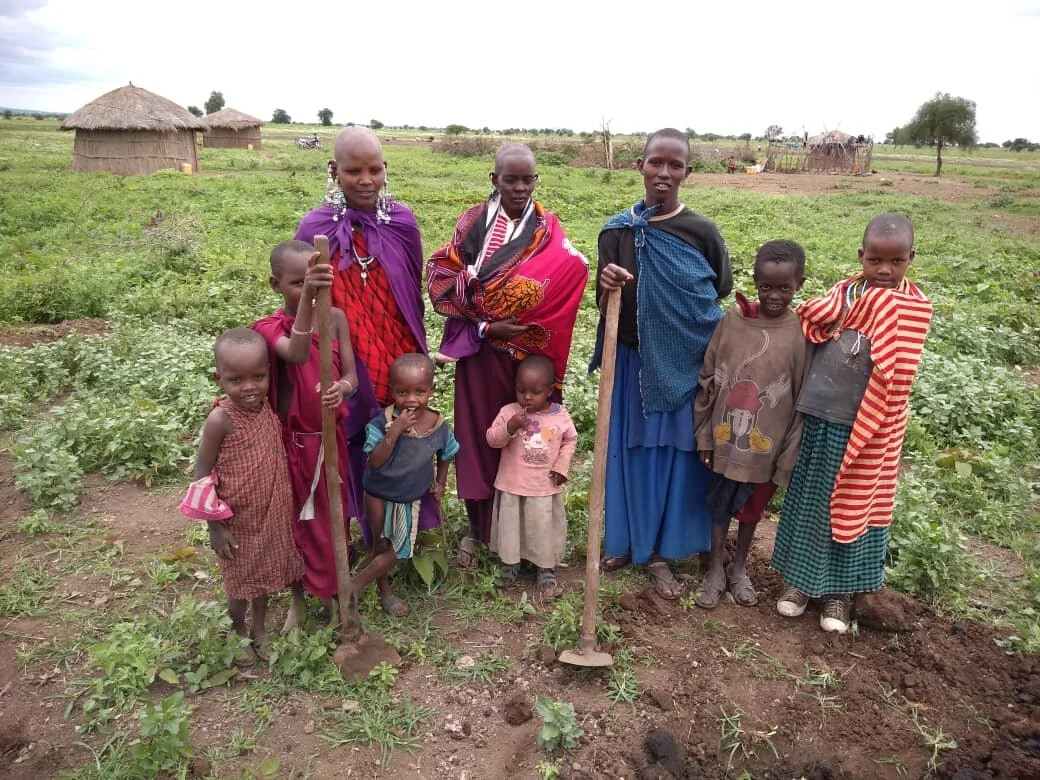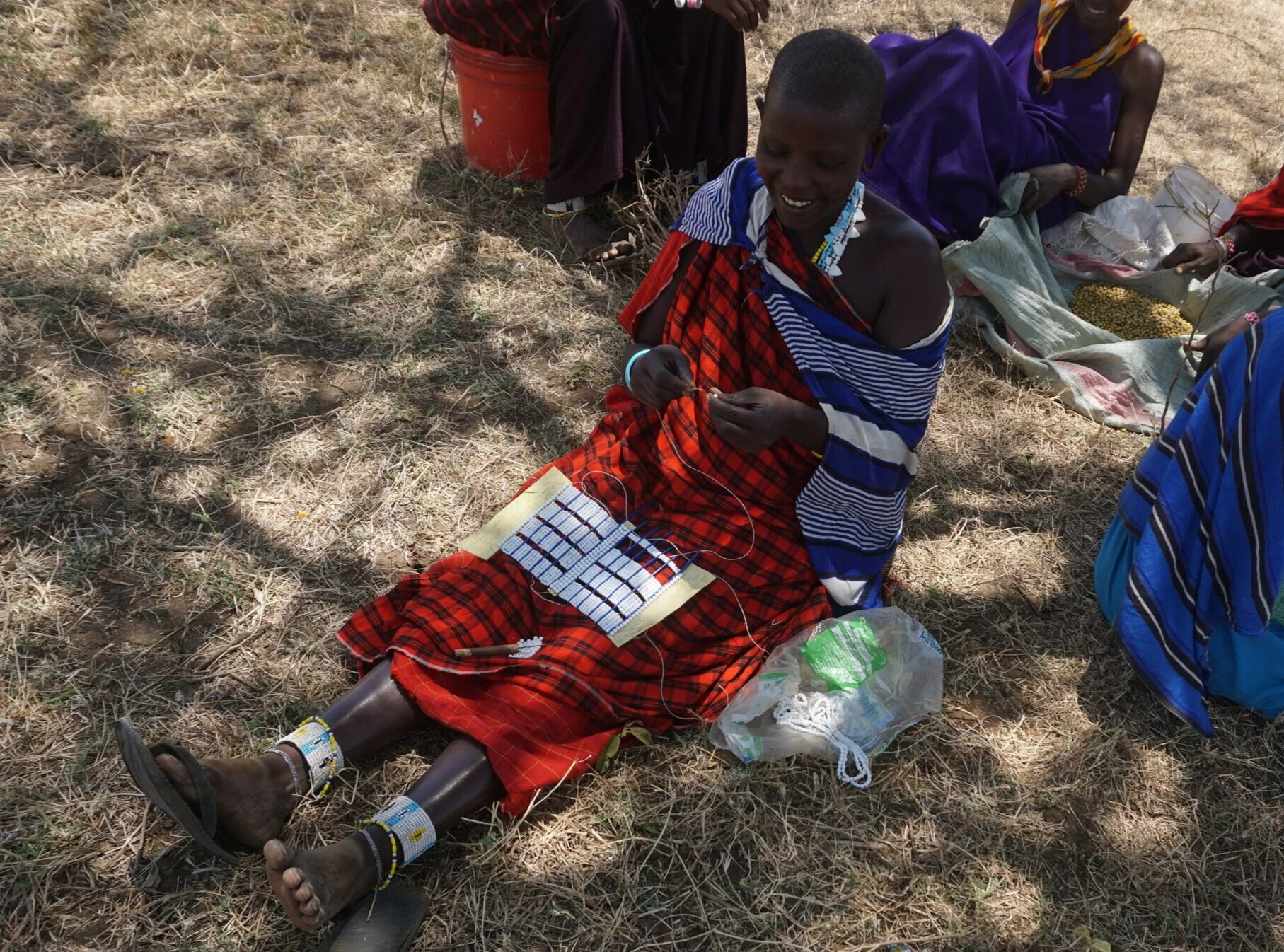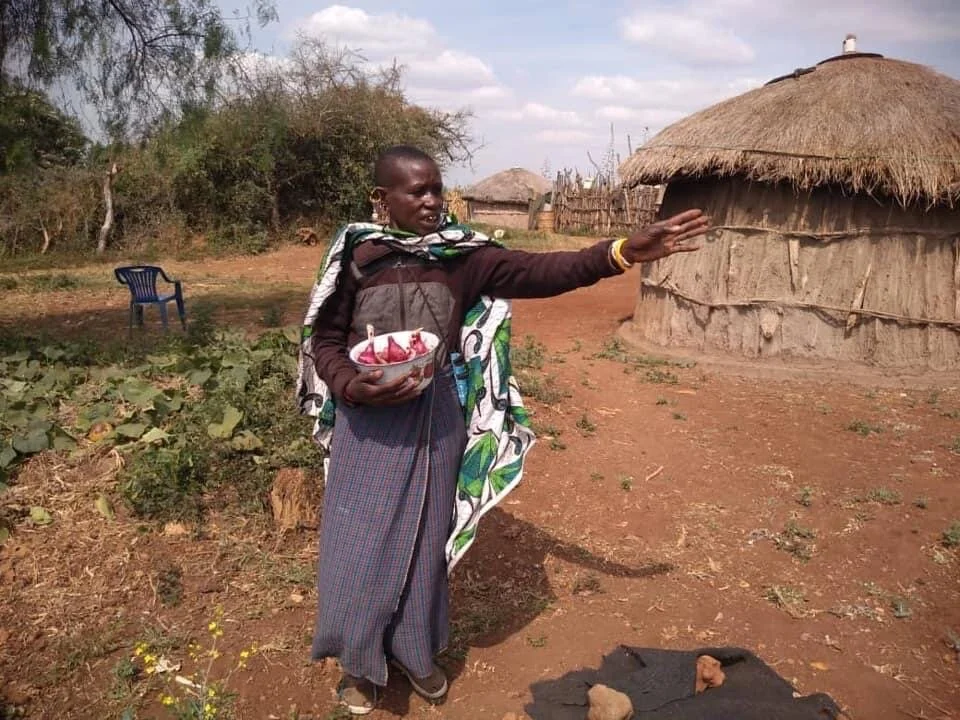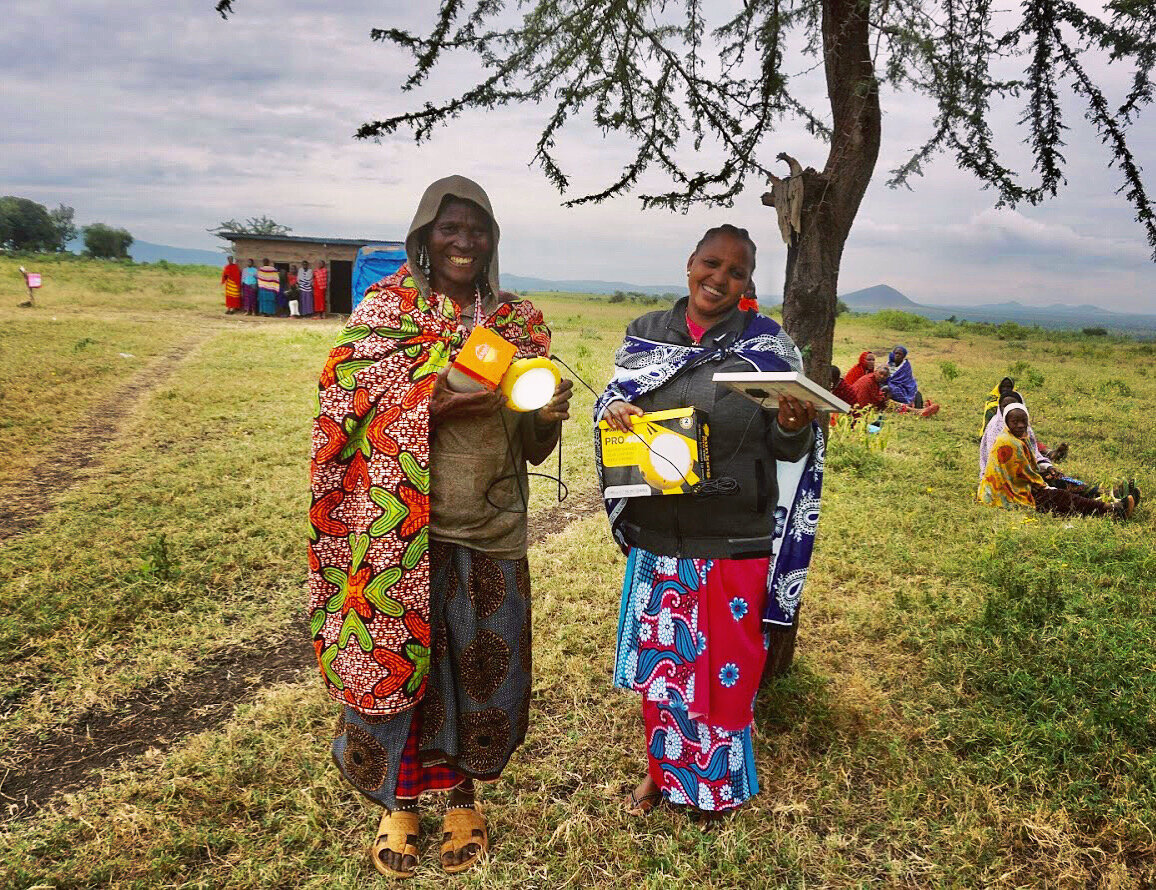
Our Story
Greenward was founded in 2019 by Clif Hiebsch. Motivated by a strong desire to create real change, Clif focused his resources and skills on aiding communities in Tanzania. Understanding the potential impact, he teamed up with Saing’orie Sangau, a native of Lendikinya village in Tanzania. This partnership ensured that Greenward’s work was culturally sensitive and targeted the key challenges faced by the local population.
We operate as a grassroots organization dedicated to addressing pressing challenges such as gender inequality, food insecurity, environmental degradation, and economic instability.
Together with our in-country partner, WAEV, we’re providing social entrepreneurs in rural Maasai communities with the organizational framework necessary for cooperative community development.
Where We Work
Greenward is focused in and around Monduli, Tanzania where Maasai women manage household tasks amidst financial constraints and social marginalization. Greenward’s goal is to empower these women socially and economically.
Our Pillars
Transparency
We are a registered 501c(3) nonprofit organization that offers tax-deductible donations. As a small organization, we are clear about our impact. We exist solely to support our in-country partners and operate with minimal overhead costs, meaning your donation will not be wasted on layers of red tape and expensive bureaucracy.
Local Leadership
We work in solidarity with community leaders who are effectively tackling complex issues like gender inequality and climate change. By financially supporting female entrepreneurs, we are increasing capacity, breaking down gender stereotypes, and paving the way for systemic change.
Simple Direct-Giving
Our model is simple: we directly provide all necessary funding to WAEV to fund entrepreneurial, environmental and health initiatives. We currently support 6 groups of around 150 women. Our platform encourages community involvement and guarantees responsible spending. Funds are then managed by WAEV and utilized on programs to directly impact our beneficiaries.
What Else Do We Do?
Working collaboratively with our partners we:
Establish marketing strategies and media platforms.
Develop cohesive long-term strategic management plans.
Provide research and analysis on program development.
Lead and manage fundraising campaigns.
Maintain donation platforms and ensure accountability.
Encourage a holistic approach to community development.
Promote environmental stewardship and conservation.
Support with evaluation and monitoring frameworks for in-country programs


